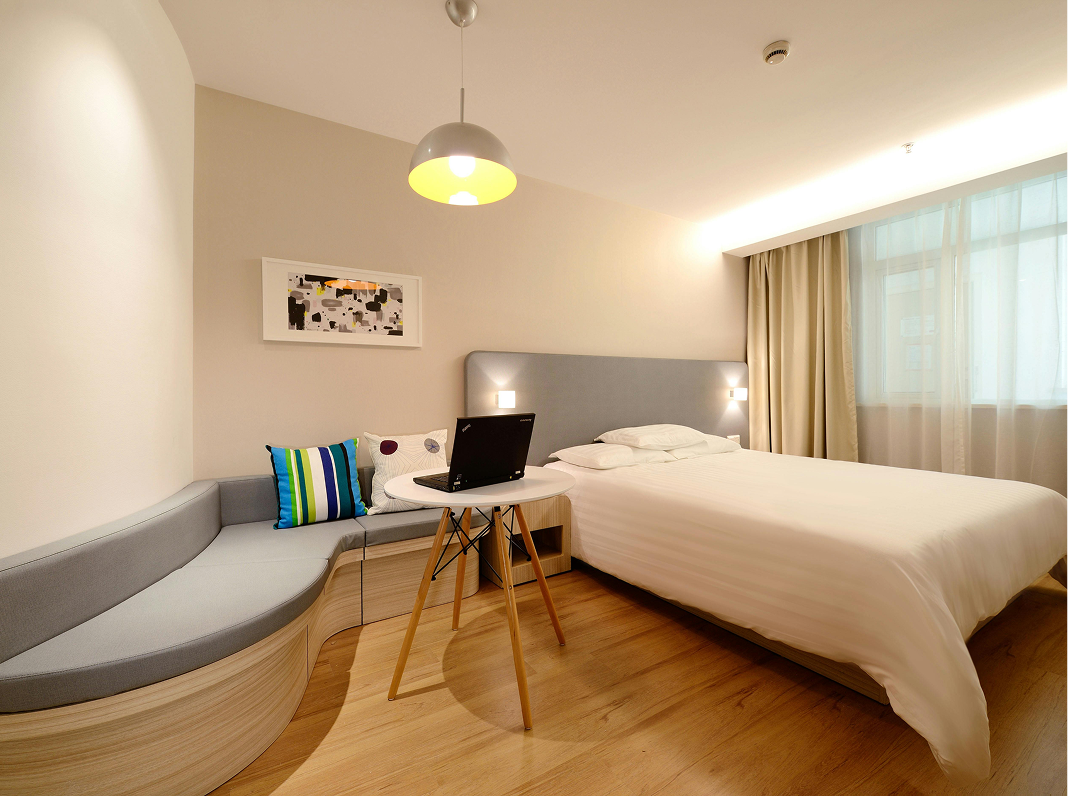Index
Receive our newsletter
The residential market in Portugal has been very dynamic in recent years. According to data from the National Statistics Institute (INE), the median rent for new contracts reached €7.97/m² in 2025, representing a year-over-year increase of 10.5%. In Lisbon, rents have climbed to €20/m², while in Porto they are around €17/m². This rental price growth has already outpaced wage growth, creating pressure in the market.
Additionally, the tourism boom and growing demand for short-term rentals have contributed to this strain. In response, the Portuguese government has launched measures to incentivize the construction of affordable housing, including a €2 billion investment package to create 33,000 homes by 2030.
In this context, the build-to-rent (BTR) model has emerged as a strategic solution. BTR projects are developments designed specifically for rental purposes, directly managed by developers or investors, rather than being sold off to individual owners. In countries like the UK or Spain, this model has gained traction, and in Portugal, initiatives are beginning to take shape, including those led by Sonae Sierra.
What is build-to-rent and why is it relevant?
Build-to-rent (BTR) means that a developer builds a property specifically to rent it out, rather than selling the units individually. Key characteristics of this model include:
- Professional management: with integrated services such as maintenance, shared spaces, and centralized administration.
- Flexible lease agreements: typically offering medium- to long-term rentals (1–3 years) with standardized conditions.
- Scale: projects usually include dozens or hundreds of units, designed to operate efficiently.
This model adds value over traditional renting by enhancing tenant experience, facilitating institutional investment, and increasing housing supply in high-demand urban areas.
Macroeconomic context and regulatory framework
- Economic outlook
Portugal grew by 2.8% in Q4 of 2024, with a 1.9% growth forecast for 2025 (above the European average) driven by tourism and domestic demand. Mortgage lending also rose 9%, reaching €12.9 billion.
- Public policy
Key measures include the Build Portugal program, a package of 30 initiatives aimed at promoting affordable housing, accelerating construction, and supporting urban regeneration. Furthermore, reforms to the Golden Visa program now allow investments to be directed toward affordable housing, not just luxury or tourism-oriented assets.
- Opportunities and challenges for BTR in Portugal
3.1 Opportunities
BTR in Portugal offers several advantages:
- Strong demand for stable rental housing. New contracts are competitive, rents are steadily rising, and tenant turnover is decreasing.
- Attractive format for institutional investors seeking stable, long-term cash flows.
- A shortage of affordable housing in cities like Lisbon, where annual price increases have reached 16.3%, fueling both social and political demand for new solutions.
3.2 Challenges
However, there are also obstacles to consider:
- The current tax legislation lacks clear incentives for BTR investments, reducing appeal.
- Regulatory uncertainty regarding taxation and property rights may deter long-term investors.
- Construction costs are rising. In 2025, average costs increased by 3–3.7%, impacting project viability.
- Gross rental yields are around 4.6–5%, which may seem less competitive compared to other lower-risk European markets.
BTR case studies and experience
While still in its early stages, there are already some pilot BTR projects underway in Portugal. Public-private partnership models are being explored in cities like Lisbon and Porto to promote access to affordable housing through the BTR model. Sonae Sierra, one of the country’s largest real estate groups, has shown interest in these developments, though it has identified several structural and regulatory barriers that hinder large-scale adoption.
Institutional capital interest is growing, and the market is expected to progressively mature and become more structured in the coming years.
Benefits for tenants, investors, and municipalities
This model delivers benefits for all key stakeholders:
- For tenants: It improves the rental experience through professional management, faster and more effective service, and greater lease stability. The quality of BTR units is generally higher than that of the average residential stock in Portugal.
- For investors: BTR provides recurring and stable income, reduced tenant turnover, and more efficient management due to economies of scale. It also offers diversification within the real estate market by focusing on long-term rental income rather than capital appreciation through sales.
- For municipalities: The model helps increase rental housing supply without requiring direct public construction. It also promotes urban regeneration and the creation of more sustainable, community-oriented residential developments.
Challenges and recommendations
The main challenges include the lack of specific tax incentives, regulatory risk, and limited financing options for some projects. Additionally, there is a need to establish scalable, replicable models across multiple cities.
To overcome these barriers, the following actions are recommended:
- Introduce tax deductions or exemptions for BTR projects that meet affordability and sustainability criteria.
- Ensure regulatory clarity regarding leasing and taxation.
- Promote mixed financing mechanisms, combining private investment, EU funds, and low-interest loans.
- Launch pilot projects with impact assessments to serve as blueprints for broader implementation across municipalities.
Outlook and conclusions
Build-to-rent represents a major opportunity to transform Portugal’s rental housing market. In a context of high prices, pressure on the middle class, and a pressing need for housing solutions, this model can provide greater stability, quality, and structured supply.
Portuguese authorities have already taken initial steps to support its development, but further progress is needed. If a favorable framework can be consolidated, Portugal has the potential to become a southern European benchmark for institutional rental housing.









